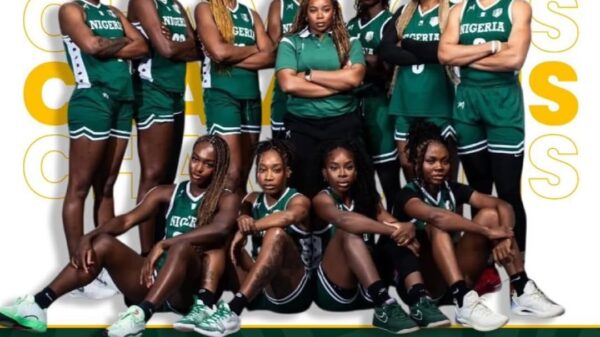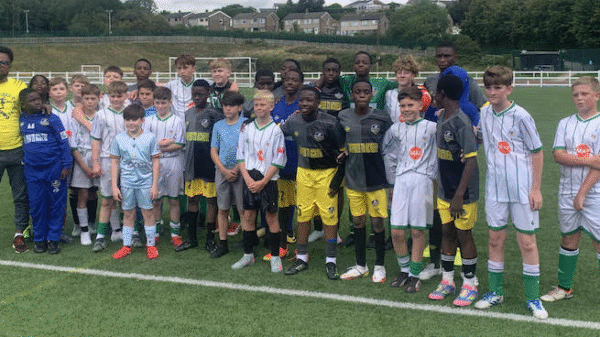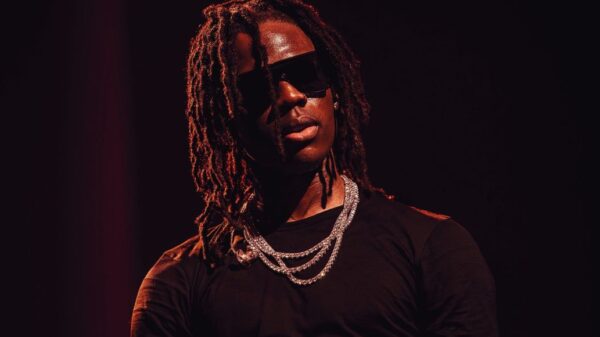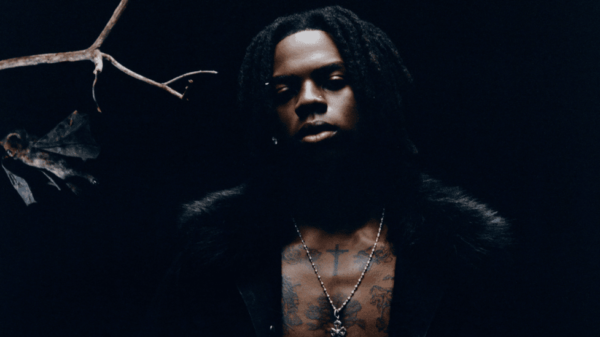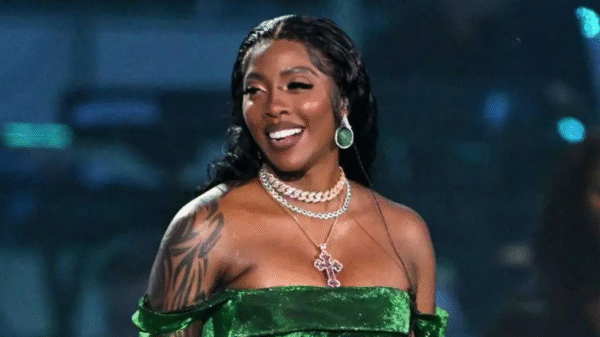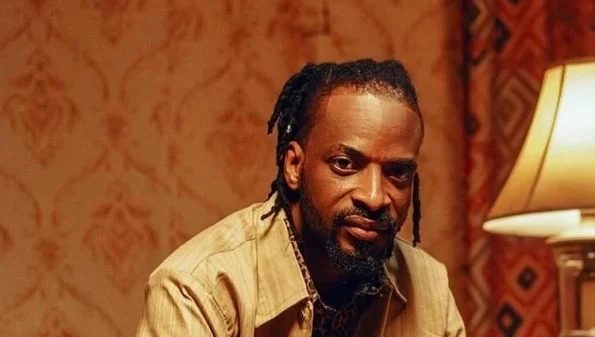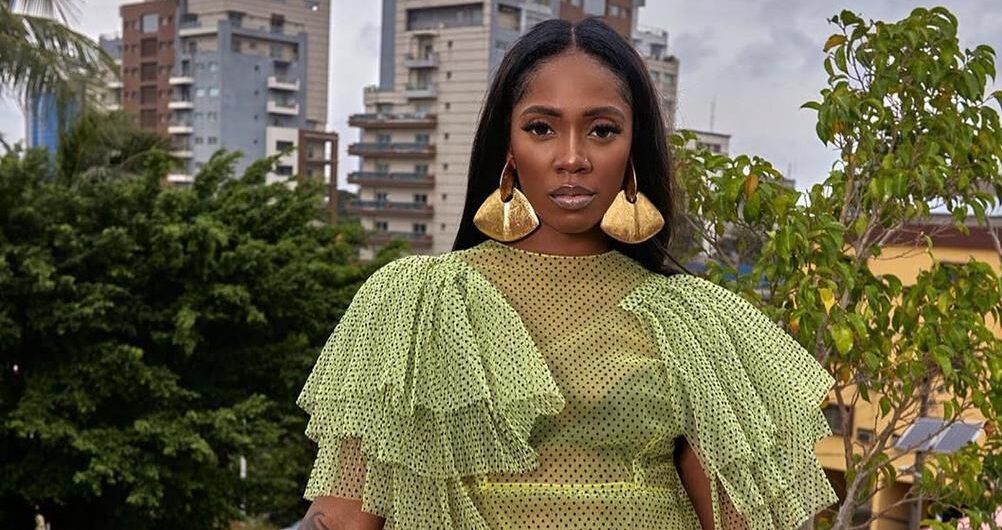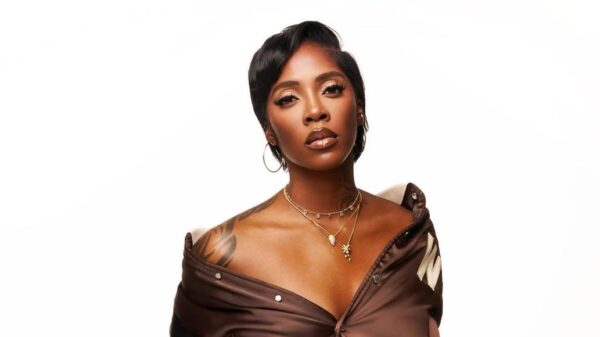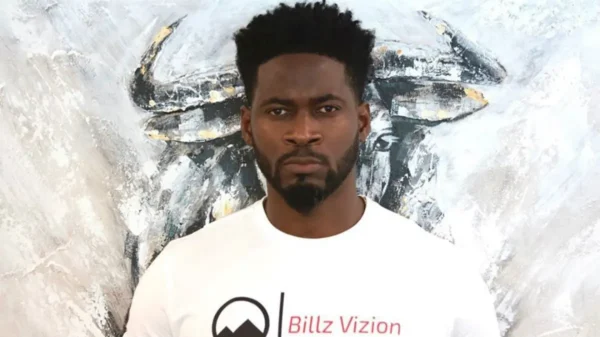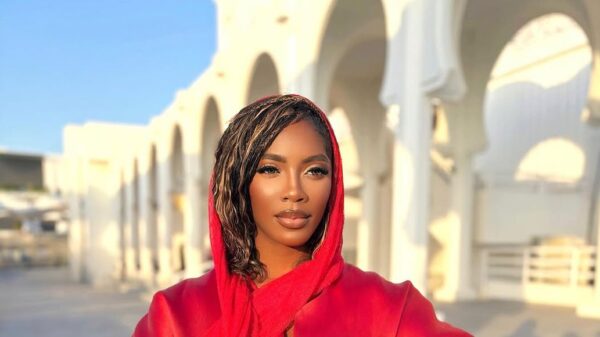Afrobeats superstar Tiwa Savage has opened up about why she wouldn’t encourage her son, Jamal, to follow in her musical footsteps.
Speaking on the Afrobeats Intelligence podcast with Joey Akan, Tiwa candidly shared the emotional and mental weight that comes with building and maintaining a music career, something she says she wouldn’t want her son to endure.
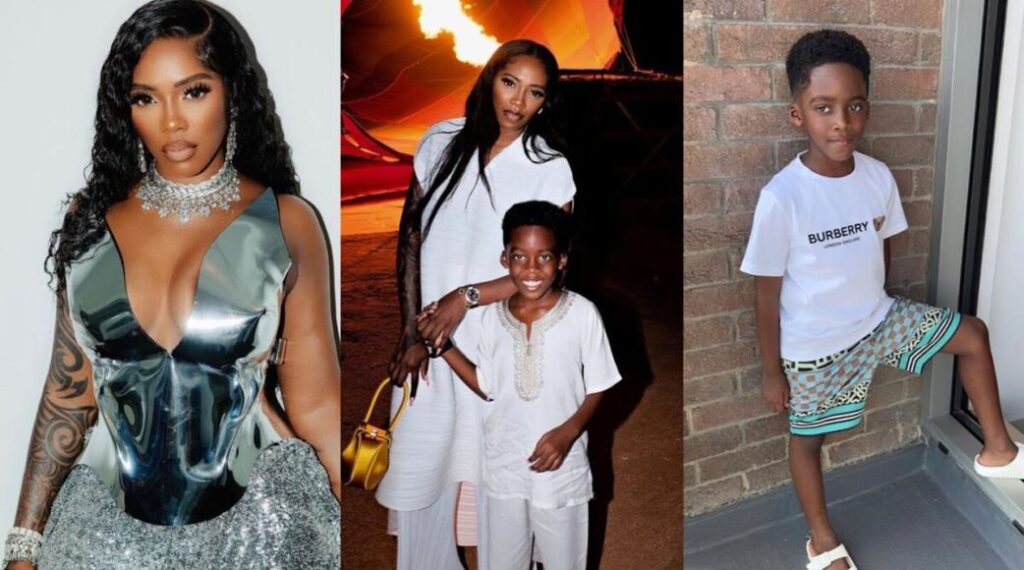
“The rate of success is very slim,” she said. “And even if you’re blessed with hits, your career might only last five or ten years. It’s even harder to sustain it and make it lucrative.”
For Tiwa, the mental toll of keeping up appearances in the industry is one of the biggest reasons she wouldn’t want her son to become an artist. She explained that many musicians are forced to maintain a certain image even when the financial reality doesn’t align with public expectations.
“Imagine being an artist and you’re not really making as much as people think, but you still have to live like you are. Mentally, that’s draining.”
She also discussed the challenges of balancing motherhood and her demanding career. During the pandemic lockdown, Tiwa had a home studio, but it quickly blurred the line between work and family life.
“I was always there, sometimes till 2 a.m. Not even recording, just listening to music. And that meant I wasn’t spending time with my son. It wasn’t good for me.”
The award-winning singer, often referred to as the Queen of Afrobeats, reflected on how she was pressured early in her career to conform to the industry’s expectations, being branded as the “African Rihanna.” Yet despite her talent and look, record labels were hesitant to embrace her unique fusion of R&B and Afrobeats.
“Everyone was like, ‘You’re a great singer, you look amazing,’ but I never got the call back,” she said.
Even after years of success, Tiwa remains aware of how fleeting fame can be in a competitive industry, and that’s precisely why she’s wary of her son walking the same path.
Still, Tiwa’s honesty offers a rare glimpse into the emotional weight behind the glitz and glamor, making her one of the most relatable voices in Nigerian music today.








